You’re staring at samples in a showroom or scrolling through Pinterest, trying to picture what your backyard could look like. And somewhere along the way, you hit a roadblock: Do you go with natural stone or manufactured block?
They both look good—at first glance. But then the questions start piling up.
What fits with my home’s style? Will it hold up through winter? Is one going to make my property look polished, while the other just looks… fake?
You don’t want to pick the wrong one and be stuck with something that feels off or starts crumbling in a few years.
Here’s the good news: you’re not alone, and this decision doesn’t have to be complicated.
At Navigator Stone & Fence, we’ve helped hundreds of North Jersey homeowners just like you pick between these two materials. We’ve seen what works across everything from historic colonials to modern builds—and how these materials handle our tough weather, from wet springs to freeze-thaw winters.
In this guide, you’ll get a clear, honest breakdown of how natural stone and manufactured block stack up—in looks, durability, cost, and resale appeal—so you can confidently choose the material that is the best for North Jersey and your home.
Let’s break it down.

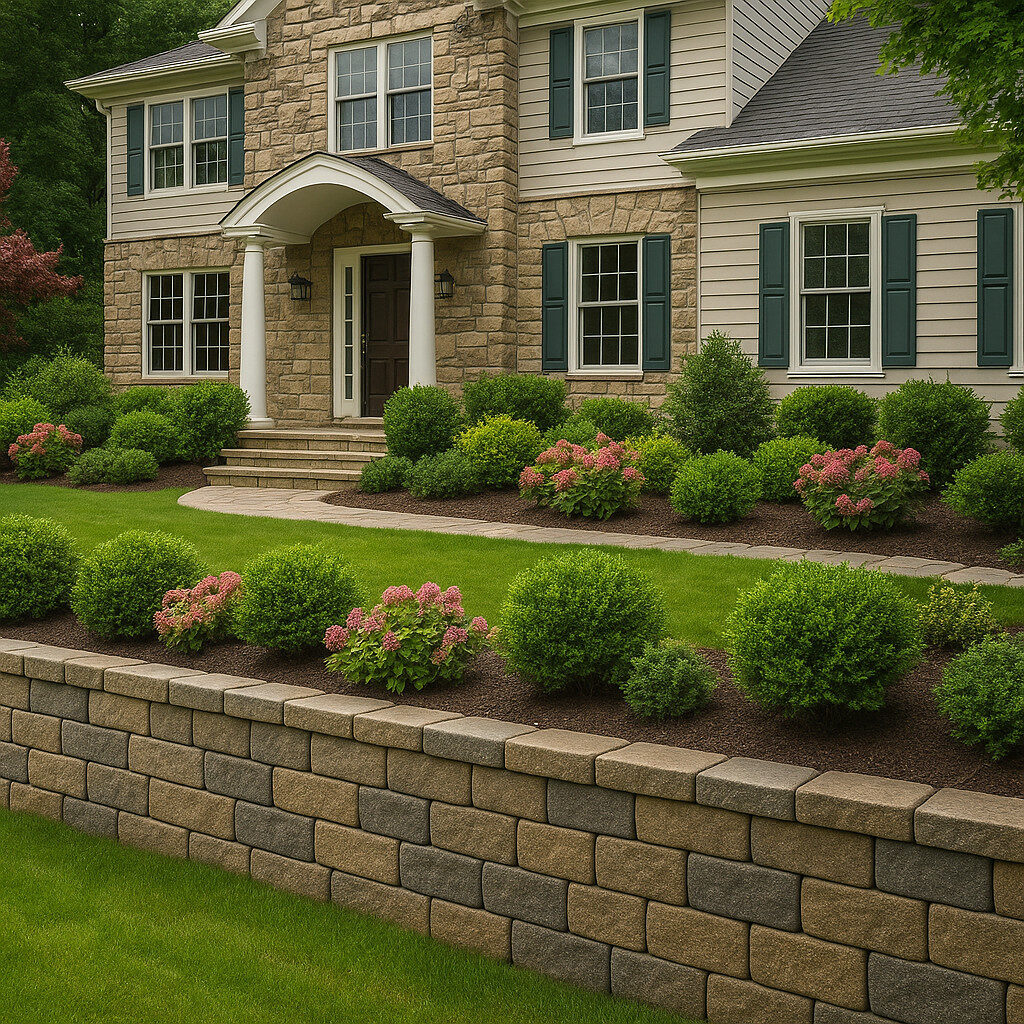
Curb Appeal & Aesthetic Fit: What Works with North Jersey Homes?
North Jersey has a look. You know it when you see it—stone-front colonials, brick-rimmed gardens, slate walkways, and timeworn retaining walls that feel like they’ve always been there. So when it comes to hardscaping, the material you choose needs to complement that vibe—not fight against it.
Natural Stone: Classic, Timeless, Unique
If you’re going for an upscale, organic, or historic look, natural stone is hard to beat. Because it’s quarried directly from the earth, no two pieces are the same. That means your patio, wall, or walkway will have a one-of-a-kind character that fits beautifully with traditional North Jersey architecture.
It blends especially well with:
- Older homes with stone or brick exteriors
- Properties with mature trees and existing natural landscaping
- Buyers or homeowners who lean traditional, rustic, or high-end
But: the natural variation means you’ll get color inconsistencies and irregular shapes, which can either be charming—or challenging, depending on your taste.
Manufactured Block: Clean, Uniform, Versatile
Manufactured block (also called concrete pavers or engineered stone) is designed to give you more consistency in size, color, and texture. That can be a huge advantage if you’re after a modern or structured look—like a geometric patio layout or clean garden wall.
It’s also made to look like stone, with textures and patterns that imitate natural finishes. Some newer products do this really well—so much so that you’d need to look closely to tell the difference.
It pairs well with:
- Modern or contemporary homes
- Clean-lined outdoor kitchens, seating walls, or walkways
- Projects where symmetry and pattern are a priority
But: up close, cheaper products can sometimes feel too uniform or obviously man-made. And if your house has lots of natural elements, it might feel a bit too “new.”
So, what fits your home?
If your home is older, more traditional, or surrounded by trees and hills: natural stone might help you preserve that North Jersey charm.
If your home is newer, more architectural, or you’re going for clean lines: manufactured block could give you more control and a crisp, updated feel.
Performance in North Jersey Weather: Freeze-Thaw, Snow, and Moisture
North Jersey weather doesn’t mess around. One minute it’s raining, the next there’s a frost warning. By February, your driveway’s a patchwork of ice, salt, and slush. So if you’re investing in hardscape materials, they need to hold up to all of it—especially freeze-thaw cycles.
Natural Stone: Naturally Tough—but It Depends on the Type
Not all natural stone is created equal. Some types, like bluestone and granite, are extremely dense and weather-resistant—perfect for North Jersey’s climate. Others, like softer limestone or sandstone, can absorb more water and are prone to cracking after repeated freezing and thawing.
The good news? With the right stone and proper installation (good drainage, tightly packed base), natural stone can last decades—even in harsh conditions. It doesn’t fade, and it tends to develop a nice aged patina over time.
But: stone can be slippery when wet or icy, depending on the finish. And the irregular shapes can make snow shovelling harder compared to flat, uniform surfaces.
Manufactured Block: Built for Harsh Climates
Manufactured blocks are engineered for consistency—which means they’re typically made to resist moisture, freeze-thaw damage, and surface cracking. Most quality products used in North Jersey are rated for this climate zone and hold up well when properly installed.
Because they’re uniform in shape and often textured for traction, they’re also easier to shovel or de-ice in winter. If low maintenance is high on your priority list, this is a big win.
However: lower-end block products may deteriorate faster, especially if water seeps into cracks or joints. And if you don’t seal or maintain them, you might see fading or surface wear after a few years.
The Bottom Line on Weather Resistance
- Best for long-term durability in harsh weather? High-quality natural stone or premium manufactured block—both work, but prep and drainage are key.
- Best for easy winter maintenance? Manufactured block.
- Most naturally resilient with no sealing required? Dense, high-grade natural stone like granite or bluestone.
Price vs. Value: What You’ll Really Pay (Now and Later)
Let’s be honest—budget matters. Whether you’re redoing a walkway or building a full backyard oasis, the material you choose can make or break your budget. But upfront cost isn’t the whole story. Some materials might be cheaper now but cost more in repairs later. Others are more expensive to install, but hold up for decades with barely any maintenance.
So, let’s look at the real numbers—and the trade-offs.
Natural Stone: Higher Upfront Cost, Lower Long-Term Maintenance
Natural stone usually costs more to buy and install. You’re paying for:
- Quarrying and transportation
- Skilled labor for cutting and fitting irregular shapes
- Heavier materials that take longer to work with
But here’s the flip side: once it’s installed properly, you rarely need to touch it again. It doesn’t fade, warp, or break down like some synthetic materials. In the long run, you could actually save on repairs, replacements, or cleaning products.
Rough cost estimate for North Jersey homeowners:
Expect $25–$40 per square foot installed, depending on the type of stone and the complexity of your design.
Manufactured Block: Lower Upfront Cost, More Predictable Labor
Manufactured block is engineered to be easy to work with. Blocks are uniform, lighter, and often come with integrated installation systems. That means:
- Faster installation = lower labor costs
- Easier to predict your project’s final price
You’ll likely pay less overall—but you may need to reseal the surface every few years or replace individual blocks if they chip, settle, or fade.
Rough cost estimate for North Jersey homeowners:
Expect $15–$30 per square foot installed, depending on block quality and design complexity.
So, which gives you better value?
- If you’re staying in your home long-term: Natural stone often wins. Fewer issues down the line and a premium look that holds up.
- If you’re on a tighter budget or want faster installation: Manufactured block is your friend.
- If you’re somewhere in the middle: Consider combining both. Use manufactured block for large flat areas, and natural stone accents (steps, borders, or feature walls) to elevate the look without doubling your spend.
Ease of Installation & Repairs: What Happens When Things Go Wrong?
You hope nothing goes wrong—but life (and the North Jersey climate) happens. Pavers settle. A stone cracks. A section needs to be pulled up for underground work. The question is: how easy is it to fix once it’s installed?
Natural Stone: Custom Fit = Custom Fix
Because natural stone is irregular in shape and size, installing it is like assembling a puzzle—each piece has to be carefully cut and placed. That means repairs aren’t as simple as popping out a single unit and dropping in a new one.
If a piece cracks or settles:
- It can be trickier to match the stone’s shape and color
- You may need a skilled mason to do the repair properly
- Labor costs for repairs are usually higher than for block
The good news? Properly installed natural stone doesn’t usually need much maintenance. But when it does, it’s more involved.
Manufactured Block: Uniform = Repair Friendly
This is one of the biggest strengths of manufactured block. Because every piece is made to the same size and shape, it’s easy to:
- Remove and replace individual blocks
- Rerun cables or access underground utilities
- Maintain a consistent look, even years later
If something cracks, fades, or shifts, it’s often a quick fix—and any contractor familiar with hardscaping can usually handle it without special skills.
Tip: Just make sure you hang on to a few extra blocks from your original project. That way, you’ll have a perfect match if repairs are needed later.
Which Is Easier to Live With?
- If you want low-effort repairs and flexibility: Manufactured block makes life simpler.
- If you’re okay with occasional hands-on maintenance—or hiring a pro when needed: Natural stone is still a great choice, but expect a bit more work.
Which Adds More Resale Appeal? What Buyers Will Notice
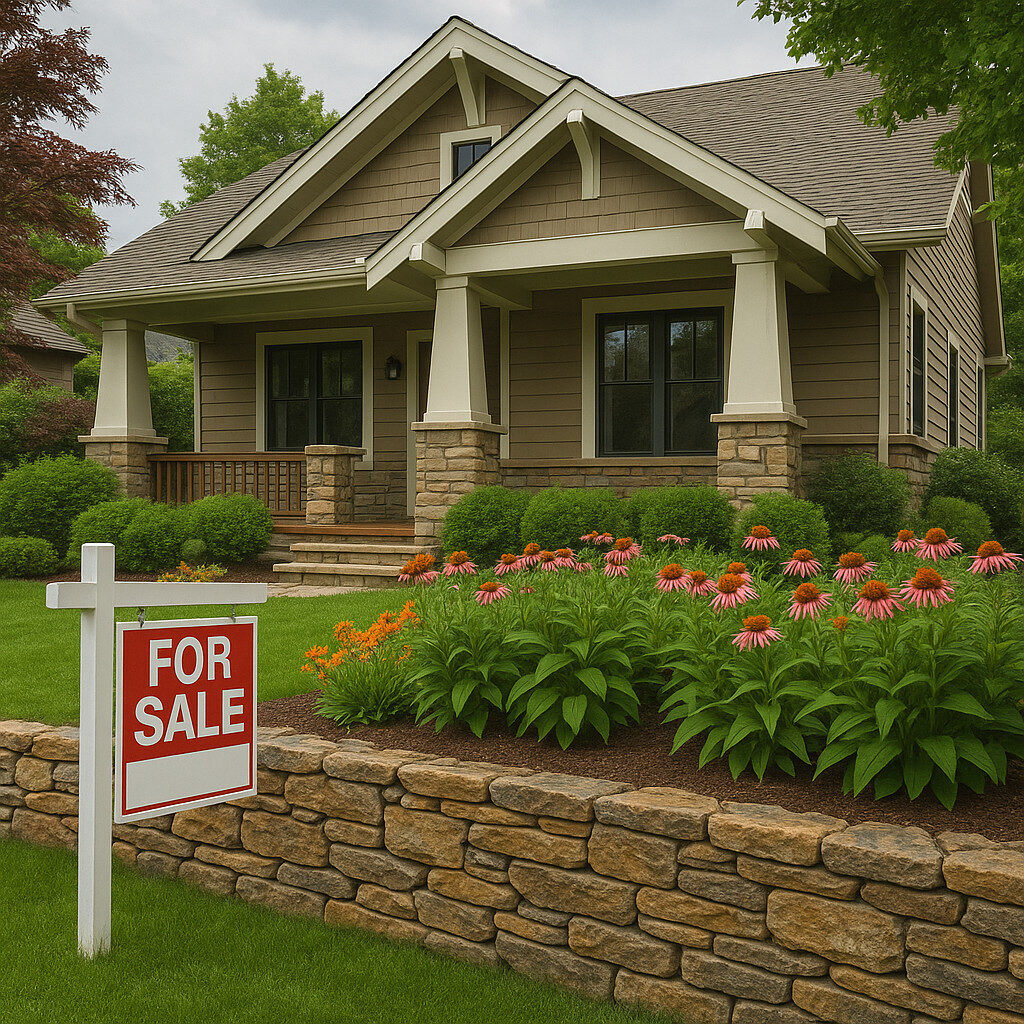
Even if you’re not selling tomorrow, most homeowners want to know: Will this add value to my home? And the answer depends on how buyers perceive what you’ve installed—not just what it cost.
Natural Stone: Premium Feel That Sells Itself
There’s something about natural stone that screams quality. It looks high-end, feels timeless, and often gives the impression that it’s been part of the property for decades—even if it was installed last year.
For resale:
- It’s a visual cue that says “no corners were cut”
- It pairs beautifully with the older architecture and natural landscapes common in North Jersey
- Buyers tend to associate it with luxury and durability
If your home is in a competitive or upscale neighbourhood, natural stone can give you a serious edge in curb appeal—and might even nudge your appraisal value up.
Manufactured Block: Clean, Practical, and Buyer-Friendly
While it doesn’t have the same cachet as real stone, high-quality manufactured block can still boost your home’s appeal—especially if it’s in great condition and suits the style of the home.
Buyers will appreciate:
- Clean lines and consistent finishes
- A low-maintenance outdoor space
- Modern features like seating walls, steps, or patios that are functional and attractive
That said, lower-end block products that look obviously “fake” or worn can backfire—especially if the rest of the property leans traditional or upscale.
What Stands Out to Buyers?
- Natural stone makes a big first impression. It feels solid, permanent, and high-end.
- Manufactured block adds value when it’s used smartly—cleanly installed, well-designed, and in good condition.
- Either can boost resale—but poor installation or mismatched materials will hurt you more than the material choice itself.
When to Pick One Over the Other: Use Cases, Budgets, and Preferences
By now, you’ve seen the trade-offs. But if you’re still stuck between natural and manufactured stone, here’s a simple breakdown to help you decide based on how you’re using it, what matters most, and how much you’re willing to spend.
Choose Natural Stone if:
- Your home has a classic, historic, or high-end look—and you want materials that match.
- You want something unique—no two stones will look the same.
- You’re focused on long-term value, even if that means a higher upfront cost.
- You’re okay with a bit more labor during installation or repairs.
- You want materials that age gracefully and won’t fade or look dated.
Best for:
Front walkways, patios for older or luxury homes, retaining walls that blend into natural surroundings, landscape features where appearance matters most.
Choose Manufactured Block if:
- You’re working with a tight or mid-range budget and need to cover more ground.
- You want a clean, modern, or structured design—like crisp corners or geometric layouts.
- You prefer something that’s easy to install, repair, or replace.
- You’re after a balance between style and practicality—especially for big builds.
- You need to get the project done faster or want more predictable pricing.
Best for:
Large patios, driveways, garden walls, seating areas, outdoor kitchens, or any project where uniformity and speed matter.
Want the best of both?
You can combine both materials for a smart, layered look:
- Use manufactured block for large surfaces and natural stone as an accent (steps, borders, wall caps).
- Or flip it—go natural on high-visibility areas, and manufactured where function matters most.
This hybrid approach works especially well in North Jersey, where many homes benefit from a mix of classic and modern.
Final Thoughts
Choosing between natural and manufactured stone isn’t about which one is better—it’s about what’s better for your home, your project, and your priorities.
If you love a timeless, high-end look and are willing to invest a bit more upfront, natural stone will give you something unique that ages beautifully. But if you’re after consistency, flexibility, and a more budget-friendly path to a polished result, manufactured block is a solid choice—especially for bigger builds or modern layouts.
In North Jersey, where style, seasons, and property value all play a part, both materials can work brilliantly—if they’re installed right and fit the character of your home.
Still unsure which way to go? That’s where we come in.
At Navigator Stone & Fence, we’ve built patios, retaining walls, walkways, and more using both natural and manufactured materials across North Jersey. We can help you weigh your options, match the look of your property, and deliver a final result that feels like it’s always belonged.
The right material doesn’t just hold up. It fits your home—and your life.
Need help deciding what’s right for your project?
Get in touch today for a free consultation by requesting an estimate—or check out our gallery to see real examples of both materials in action.
Still on the fence about that patio project?
We go deeper on this in another post:
👉 Your Backyard Needs a Patio Makeover

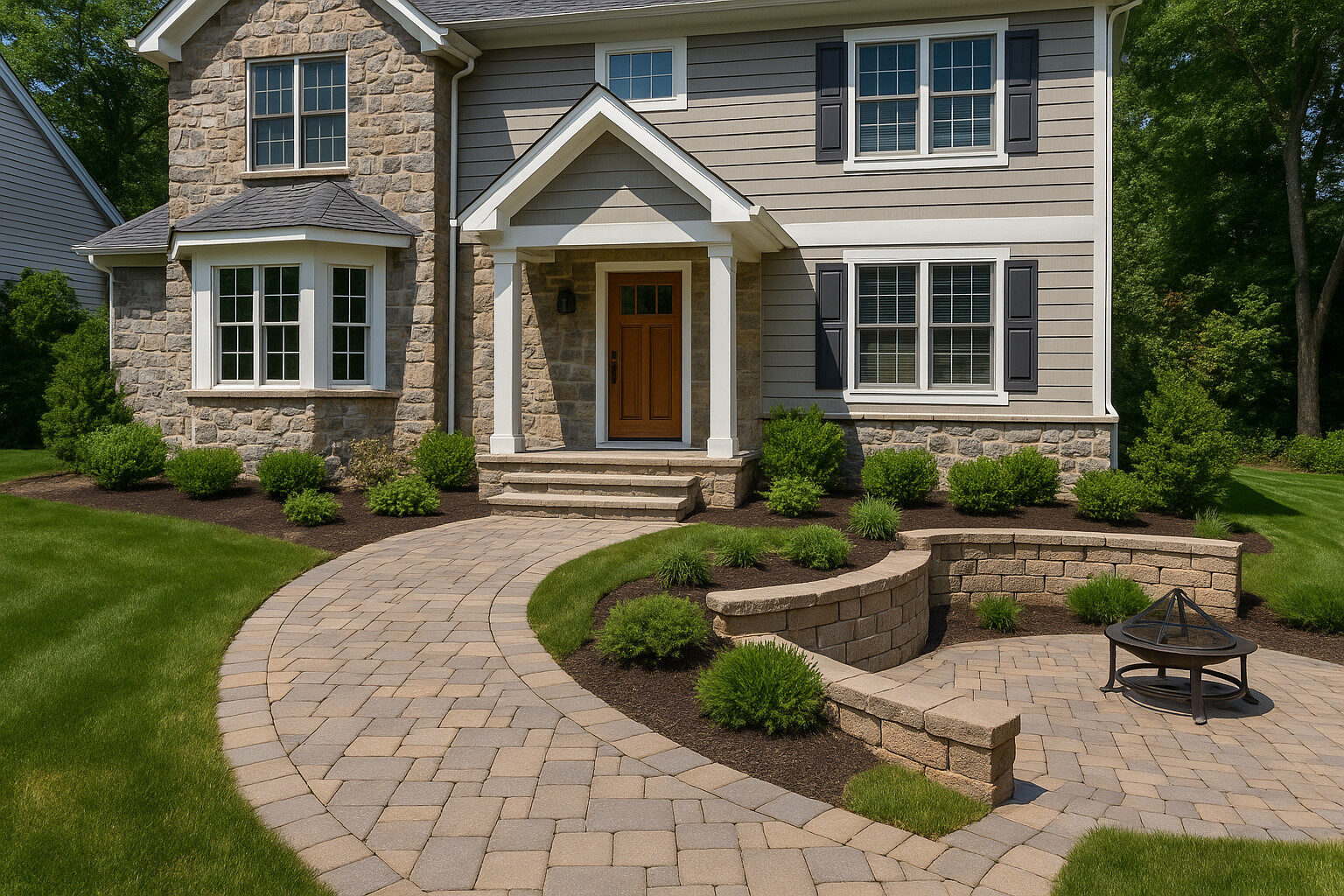
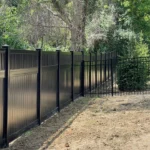
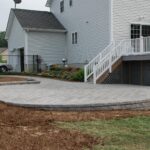
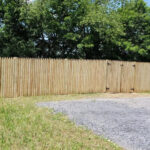


Leave a Reply